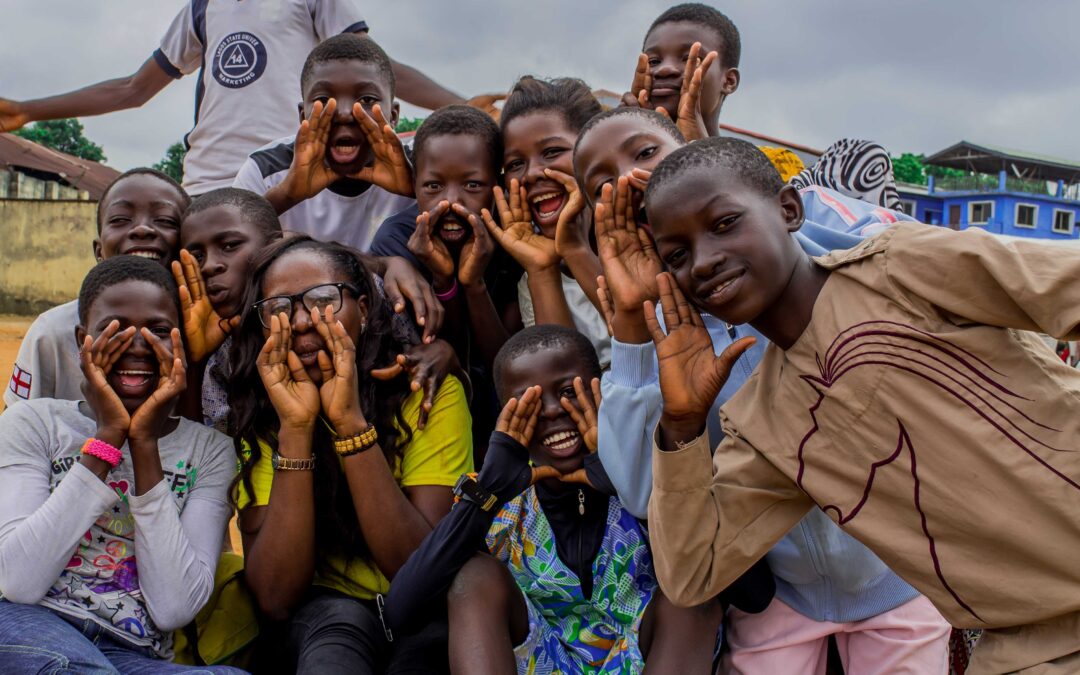This survey was conducted in Nigeria to assess disclosure of abuse, types of abuse experienced, and referrals to support services in a sport-based HIV prevention program. It was conducted by YEDI’s Monitoring and Evaluation (M&E) team on Youth Peer Leaders (YPL) who serve as positive role models and are trained to deliver key messages to local youth participants on a range of adolescent health topics.
Abstract:
The Lagos State Government, recognizing the implication of a significant youthful population engaging in high-risk sexual behaviours, established Hello Lagos as an integrated youth-friendly centre (YFC) in 2002. The survey was to assess the need for the Youth Friendly Centres by the youths in Agege, Ikeja and Oko-Awo communities.
Methods
The survey was conducted on In-School Youths (ISY) and Out-of-School Youths (OSY) in Agege, Ikeja and Oko-Awo; and on the health personnel in charge of the YFCs. Quantitative questionnaires (180), Focus Group Discussions (45) and Key Informant Interview (3) sessions were used to capture the responses of the participants.
Quantitative Key Findings
119 (66.11%) youths across the three sites never knew where to access youth-friendly services (YFC). 115 (63.89%) youths in the local community were unaware of “Hello Lagos”. The youth accessed activities such as; computer lessons and vocational trainings (60.00%); interactive sessions for separate sexes; watch a movie. They also accessed services such as; HCT (65.00%); sickness and injury treatment; and sex education. Accessing the centres during weekends was more convenient for about 96 (53.33%) youths. Some factors that could prevent them from accessing the centre were: their family member; church members; incompetent staff; inadequate and inactive facility.
Qualitative Key Findings
Major findings include Poor publicity due to factors such as low manpower to publicise and tough bureaucracy to obtain permission into schools to publicise; lack of safe space; equipment that needs enough space to be installed and used properly; low turn up of youths; the need for more basic amenities such as water (both for drinking and for sanitary purposes) and power supply; insufficient staff at all the centres. Fridays were most convenient for the ISY because schools dismiss earlier and weekends were most convenient for most OSY because of less work.
Recommendations
Improve publicity; minimum of two qualified staff at each centre; refurbish the centres with equipment; maintenance plan and structure should be in place; create safe space for the youths; mobilise family members to support; transportation plan for youths who live far from the centre; liaise with other health facilities to ensure sustainability.


I am extremely impressed with your writing skills as neatly as with
the format on your weblog. Is this a paid subject or did you modify
it yourself? Either way keep up the nice high
quality writing, it’s rare to see a nice weblog like
this one today. Snipfeed!
I’m really inspired together with your writing skills as well as with the format for your weblog. Is this a paid theme or did you modify it your self? Anyway stay up the excellent quality writing, it is uncommon to peer a nice weblog like this one these days!